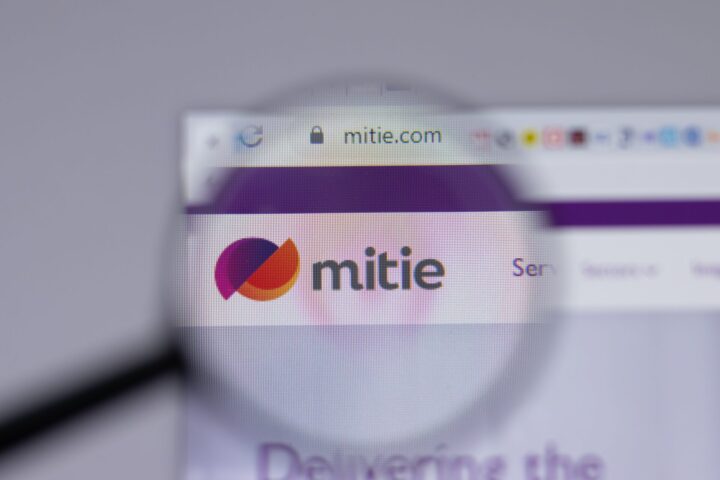Employers should view Blue Monday as a prompt to take action to support employees’ mental health throughout the entire year, according to Debra Clark, head of wellbeing at Towergate Employee Benefits.
Clark said: “Employers should see Blue Monday as the day to take action to support employees for the whole of the rest of the year, not the one day of the year to offer additional support.”
Blue Monday, which is said to be the most depressing day of the year, is calculated using a formula that takes into account the weather, debt levels, time since holidays, and failed resolutions.
However, Towergate Employee Benefits highlighted that these and other factors can occur at any time and may lead to mental health challenges throughout the year.
The firm urged employers to provide consistent and ongoing support for employee mental health as part of their broader wellbeing strategies.
Employers were advised to review what mental health support they currently have in place.
At a minimum, they should offer an employee assistance programme, which is often included within other benefits.
Clark recommended that employers check thoroughly to identify what resources may already be available.
She also stated that it is important to equip employees with the tools to manage their own mental health, such as recognising signs of difficulties including disrupted sleep, poor eating habits, or irritability.
Towergate Employee Benefits suggested that health and wellbeing measures can help employees develop self-awareness.
This includes health risk assessments, occupational health questionnaires, and apps designed to monitor patterns in mood, sleep, and exercise.
The organisation also highlighted the growing role of technology in providing support.
Virtual GPs and online counselling were cited as valuable resources that allow employees to access help easily and anonymously.
According to Towergate, this anonymity can be crucial in reducing stigma, though they emphasise that no one should feel stigmatised for seeking support.
Mental health is identified as the foundation for other aspects of wellbeing, including physical, financial, and social health.
Employers were encouraged to make mental health a priority within their 2025 wellbeing programmes, with the potential benefits of reducing absenteeism, improving productivity, and increasing employee retention.
Clark said: “Mental health should be one of the first priorities in January, through Blue Monday, and beyond.
“Putting the right support in place from the start will help to prevent issues occurring throughout the year and will help employees to learn how to become more resilient and able to make the best use of assistance available, if and when required.”
















